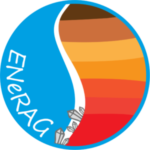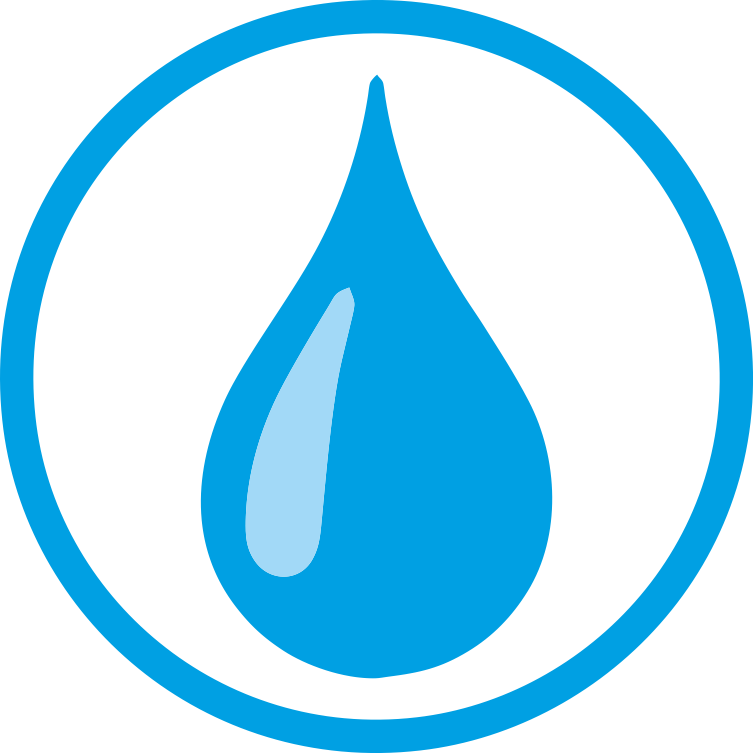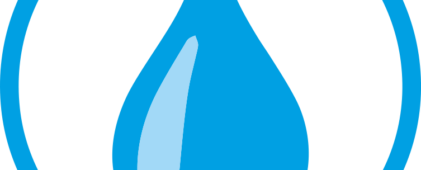The last education event of the ENeRAG project was held between 20 and 30 September 2021 with the winter school on Conservative and reactive transport modelling. Highly qualified lecturers included the ENeRAG partners from UMIL and from GTK but also invited lecturers from Universitat Politècnica de Catalunya – BarcelonaTech (UPC), Spain with Assoc. Prof. Daniel Fernàndez-Garcia, from University of Manchester, UK with Dr.Chuanhe Lu a Research Associate, expert in Contaminant Transport Modelling, and from University of Western Australia, Australia with Dr.Henning Prommer who is Principal Research Scientist, Commonwealth Scientific and Industrial Research Organisation (CSIRO), and Winthrop Research Professor raised the standard of the event.
The workshops attracted visitors worldwide. About sixty active participants learned and experienced new tools in the two weeks winter school.
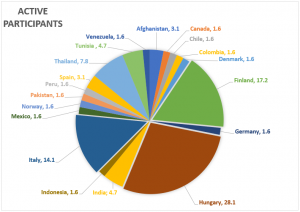
The geographical distribution of the active participants
The course aimed to introduce the participants to the model-based quantification of a wide range of groundwater flow and water quality problems with a major focus on the water sediment/rock interaction mechanisms and on modelling the fate and transport of organic and inorganic contaminants in groundwater. The students could understand the mathematical models for fluid flow and solute transport in geological media, understand the basics of groundwater chemistry and coupled geochemical transport modelling, understand the principal of stochastics transport modelling and risk assessment, learn how to apply conservative and reactive transport modelling to real-world water quality problems, apply the conservative and reactive transport modelling using multicomponent geochemical systems with hands-on experience in the computer lab and also use modeling tools such as MODFLOW, MT3DMS, PHREEQC and PHT3D.
The course was divided into two weeks with 4 days of lessons per week and four-hour lecturing per day. This has been ideal for focused learning and allowed time between classes for participants to further develop skills and more deeply understand concepts at their own pace through independent assignments and readings.
The course enabled the participants to
- Identify the key physical and chemical processes to develop a subsurface model
- Effectively translate hydrogeological and geochemical knowledge into a conceptual model suitable for conservative and reactive transport simulations.
- Effectively navigate Processing Modflow (PMWIN8) program to simulate a well-developed conceptual model.
- Effectively interpret model output data.
Every day the lecturing comprised theoretical lecturing and exercises.
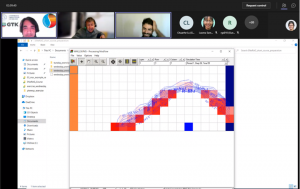
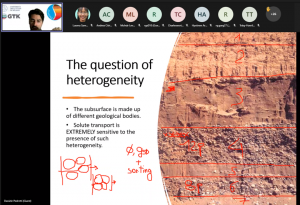
Here is an example of the discussions that emerged solving the exercises during lecturing and during theoretical lecturing.
The experienced lecturers brought up a wide variety of cases in a comprehensive environment that allowed them to widen their own perspectives. The content has been involving and interesting for the attendees and the lecturers.
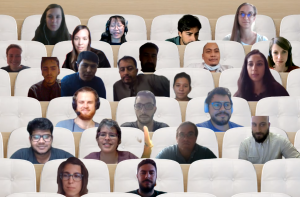
Group photo with camera owners
